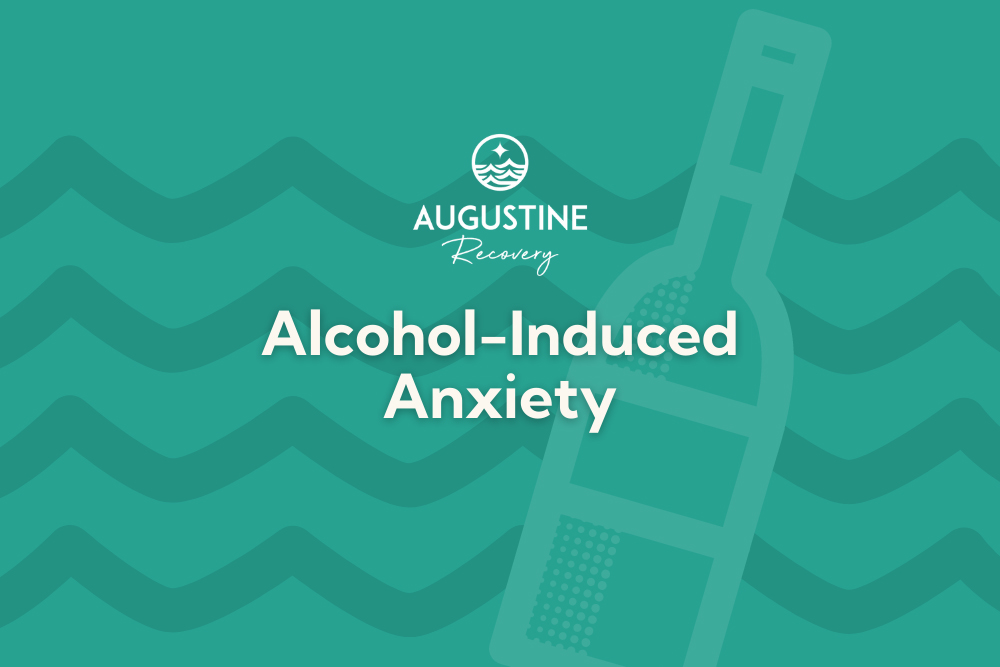Anxiety disorders are one of the most common mental health challenges nationwide, affecting people from all walks of life. Having anxiety can make you restless, irritable and give you a constant feeling of being on high alert. Symptoms like insomnia, panic attacks and a racing heart rate may leave you searching for anything that can alleviate your stress and help calm you down, including alcohol. However, drinking can make your anxiety symptoms worse, compounding your problems in the long run.
The Relationship Between Alcohol and Anxiety
Since alcohol is a depressant, you might assume a couple of drinks can help you relax, unwind, release tension and fall asleep. Unfortunately, routinely reaching for alcohol can lead you to get caught in a self-perpetuating cycle. Once you are physically and psychologically dependent on alcohol, you will reach a point where you no longer feel like yourself unless you’re drinking. You may also spend an inordinate amount of time thinking about alcohol and looking forward to having a beverage in your hand.
Like other drugs, alcohol will gradually erode your physical and mental well-being. Understanding the connection between alcohol and anxiety starts by learning how drinking affects your brain chemistry, which can make you more anxious while contributing to a worsening substance use disorder.
Problem drinkers usually have elevated cortisol levels. Cortisol, aka the “stress hormone,” plays a critical role in regulating your body’s response to perceived threats, but it tends to be overactive in people with anxiety, leading to high blood pressure, insomnia and panic attacks. There is a direct correlation between alcohol abuse and high anxiety, both while you are intoxicated and during the withdrawal phase.
Understanding and Treating a Dual Diagnosis
Since alcohol use and anxiety disorders become so closely intertwined, and both issues are prevalent in our society, it should not come as a revelation to learn how frequently they co-occur. Often, people who consistently self-medicate with alcohol and other drugs have failed to address the root causes of their anxiety through proven treatments such as therapy. Instead, they chose to fall back on alcohol as their primary coping mechanism, gradually exacerbating their anxiety symptoms in tandem with a burgeoning addiction.
Mental health professionals call simultaneously occurring anxiety and addiction a dual diagnosis. These co-occurring disorders can be a tricky knot to disentangle because creating a successful treatment strategy requires addressing both illnesses simultaneously. However, evidence-based therapies can help restore your well-being, happiness and quality of life.
Better Health and Well-Being Await You
Anxiety disorders can cause a barrage of negativity and intrusive thoughts that make it challenging for you to enjoy life to the fullest. Since anxiety has physical and emotional effects, learning to manage your mental health without relying on alcohol or other addictive substances requires a comprehensive dual-diagnosis treatment plan.
Though anxiety is such a common issue, treatment barriers still stop many people from getting the evidence-based therapy they need to recover. If you are struggling with co-occurring anxiety and addiction, Augustine Recovery has created a beautiful, peaceful retreat where you can start your recovery journey. When you’re ready to learn more about addiction and anxiety treatment in Florida and what we offer, contact us today.







